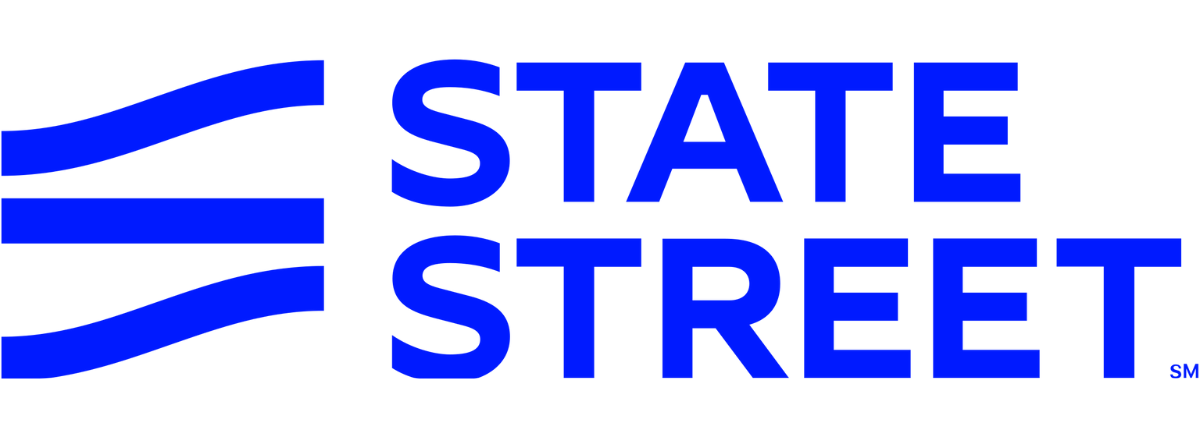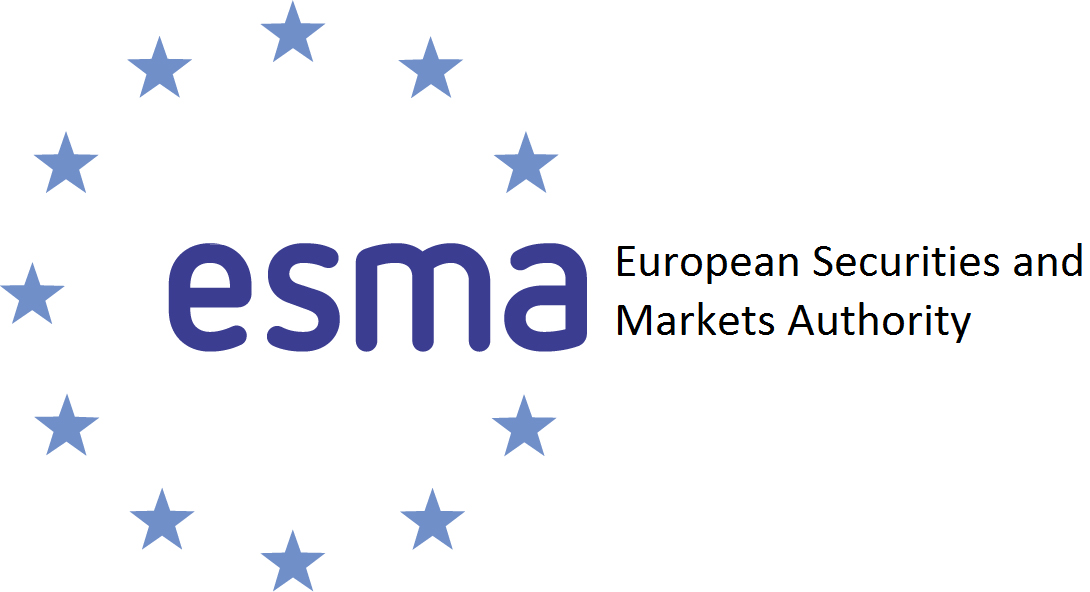The European Securities and Markets Authority (ESMA) has said it will suspend the mandatory buy-in regime under the Central Securities Depositary Regime (CSDR) for three years.
One of the most controversial elements of CSDR, the delay in the introduction of mandatory buy-ins was first announced last November from its planned implementation date of 1 February 2022.
The European Commission previously said it had the option to re-introduce buy-ins “if the rate of settlement failures does not improve”, having admitted the regime could lead to increased costs, reduced liquidity across asset classes and financial stability risks.
However, the new timeline delivered by ESMA will give the industry some clarity on when buy-ins could be introduced.
ESMA outlined the amendments in the DLT Pilot Regulation and will now submit the update to the European Commission for its “review and endorsement”.
In its report, ESMA wrote: “Given the amendment made to CSDR via the DLT Pilot Regulation and considering the potential duplicative implementation costs for market participants in the case extensive changes would be made to the existing buy-in measures, ESMA hereby suggests to formally suspend the application of the provisions on the mandatory buy-in regime set out in the RTS on settlement discipline.
“Taking into account the time required by an ordinary legislative procedure, ESMA believes that a suspension of the application of the existing buy-in requirements for three years would be appropriate.”
Ciarán Fitzpatrick, head of ETF servicing for Europe at State Street, said the decision to postpone mandatory buy-ins is "very positive" for the European market.
"The implementation of mandatory buy-ins would no doubt lead to widening of spreads in the secondary market and the impact would be felt by the end investor which would be a negative for the overall product.
"The postponement of the mandatory buy-ins for three years will allow time for proper analysis of trends of the cash penalties regime and focus can be put on reducing the fails where there are continual cash penalties as opposed to just implementing a buy-in regime.
"The industry as a whole just needs to make sure that the CSDR can is not kicked down the road for three years relating to buy-ins and that the right level of focus is kept on CSDR in the coming months to ensure there is no need for a buy-in regime in the future."
The industry had previously outlined concerns about the lack of clarity over what will cause the European Commission to re-introduce mandatory buy-ins.
Pete Tomlinson, director of post-trade at the Association for Financial Markets in Europe (AFME), said: “AFME does not believe mandatory buy-ins are appropriate for any asset class or transaction type and will have disproportionately negative consequences on market liquidity and efficiency that could undermine the attractiveness and competitiveness of EU capital markets.”
ESMA had placated the industry after the original delay in mandatory buy-ins, which otherwise would have been introduced alongside cash penalties that have started being issued to liquidity providers by central security depositories (CSDs) for any settlement failures.
According to an industry source, cash penalties for one issuer’s suite of ETFs could total up to €2m this year, a hefty chunk for liquidity providers pricing the range.
Cash penalties are a particular issue for ETFs which tend to have high settlement failures versus the underlying securities they track.
Related articles




